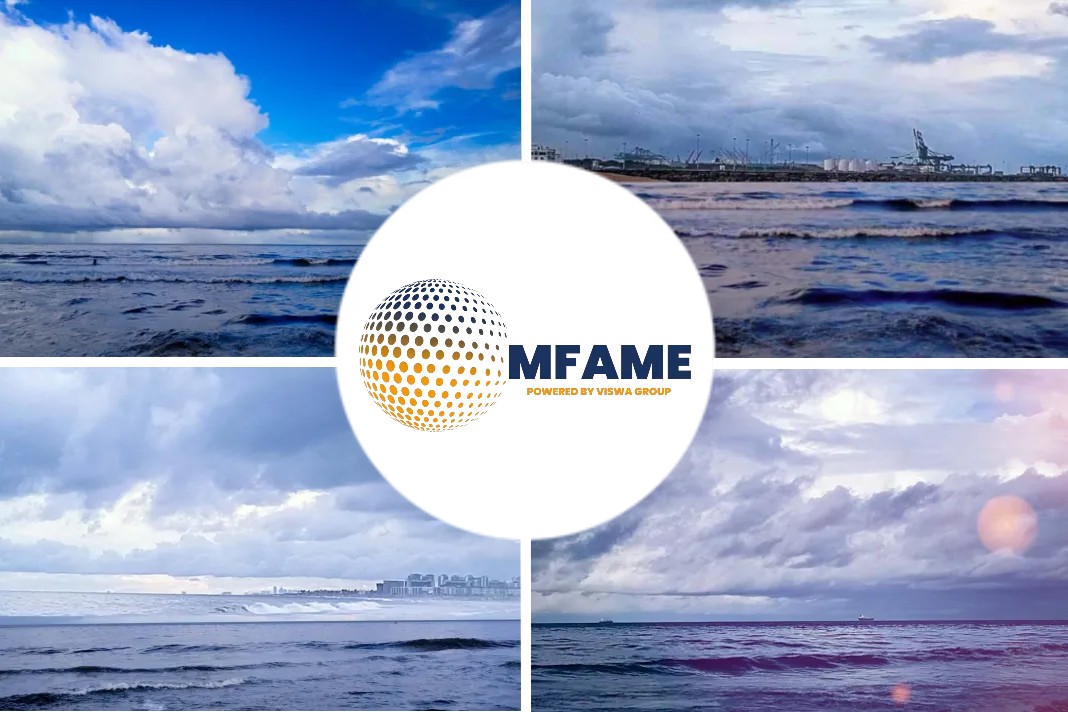- New analysis from the Mærsk Mc-Kinney Møller Center for Zero Carbon Shipping (MMMCZCS) shows that only 33 out of 94 (35%) of the major shipping companies have a clearly expressed target to be net zero by latest 2050 and/or have committed to IMO targets of 50% absolute reduction in 2050 compared to the 2008 level
- It is a serious wakeup call for the industry, and the MMMCZCS urges more shipowners to lead the way towards a more sustainable maritime industry
- Companies should set emissions reduction targets, and back up pledges with details on their strategy of how to get there
A recent news article published in the zero carbon shipping talks about New analysis: Ready, set, decarbonize!
A new study committed to decarbonization
A new study examining the top shipping companies’ commitment to decarbonization shows that only 35% have a clearly expressed emissions target to be net zero by 2050.
The assessment, conducted by the Mærsk Mc-Kinney Møller Center for Zero Carbon Shipping, draws on published decarbonization ambitions and actions of the largest companies by owned capacity in tanker, bulk, container, and RORO/car segments.
Together, these four segments cause a substantial share (70%) of global maritime emissions.
Decarbonization in the maritime industry
The state of decarbonization in the maritime industry shows that while real progress has been made, there is a long way to go for the industry to reach net zero within the limited time left to transition. A comparison with other industries suggests that 35% of shipping companies with IMO or net zero 2050 pledges is low. A 2020 KPMG report looking at top-100 companies by revenue in 52 countries across industries, found that 66% of automotive, 56% of oil and gas, and 45% of transport and leisure companies had sustainability reports with carbon reduction targets.
“The MMMCZCS strongly encourages shipowners to set ambitious emissions reduction targets, preferably aligned with a net zero ambition for 2050 or sooner and supplement the pledges with tangible targets and plans already for this decade,” said Bo Cerup-Simonsen, CEO of the Mærsk Mc-Kinney Møller Center for Zero Carbon Shipping.
“Transparency is key for the transition, and there is no doubt that ship owners and operators will increasingly need to be transparent about climate target and actions – not only towards regulators but also to live up to expectations from customers, investors, insurance, the greater public – and not least employees,” continued Bo Cerup-Simonsen.
While action is needed from shipowners, regulators also need to step up and implement mandatory reporting requirements of climate-related impacts subject to third party auditing. Requirements should rely on global standards to increase comparability and avoid creating additional reporting burdens, the MMMCZS recommends.
The analysis shows that the container industry has the highest level of ambition with 16 of the 30 largest firms in the segment having set emissions targets to a 2050 timeline. This translates to 69% of the total container maritime fleet capacity in owned deadweight tonnage.
Shipping’s roadmap to decarbonization
With 100.000 ships consuming around 300 million metric tons of fuel p.a. global shipping accounts for around 3% of global carbon emissions, a share that is likely to increase as other industries tackle climate emissions in the coming decades.
Achieving the long-term target of decarbonization requires new fuel types and a systemic change within the industry. Shipping is a globally regulated industry, which provides an opportunity to secure broad-based industry adoption of new technology and fuels.
To accelerate the development of viable technologies a coordinated effort within applied research is needed across the entire supply chain. Industry leaders play a critical role in ensuring that laboratory research is successfully matured to scalable solutions matching the needs of industry. At the same time, new legislation will be required to enable the transition towards decarbonization.
About the Mærsk Mc-Kinney Møller Center for Zero Carbon Shipping
The Mærsk Mc-Kinney Møller Center for Zero Carbon Shipping is a not-for-profit, independent research- and development center working across the energy- and shipping sectors with industry, academia, and authorities. With Partners, the Center explores viable decarbonization pathways, facilitates the development and implementation of new energy technologies; builds confidence in new concepts and their supply chains; and accelerates the transition by defining and maturing viable strategic pathways to the required systemic change. The Center is placed in Copenhagen but work with partners globally.
The Center was founded in 2020 with a start-up donation of DKK 400 million from the A.P. Moller Foundation. Strategic Partners to the Center include: Alfa Laval, American Bureau of Shipping, A.P. Moller – Maersk, bp, Cargill, CF Industries, DP World, Equinor, Hapag-Lloyd, MAN Energy Solutions, Mitsubishi Heavy Industries, Mitsui, NORDEN, NYK Line, Rio Tinto, Royal Caribbean Group, Seaspan Corporation, Siemens Energy, Stolt Tankers, Sumitomo Corporation, Swire Group, Topsoe, TotalEnergies and V.Group.
Did you subscribe to our newsletter?
It’s free! Click here to subscribe!
Source: Riviera



















